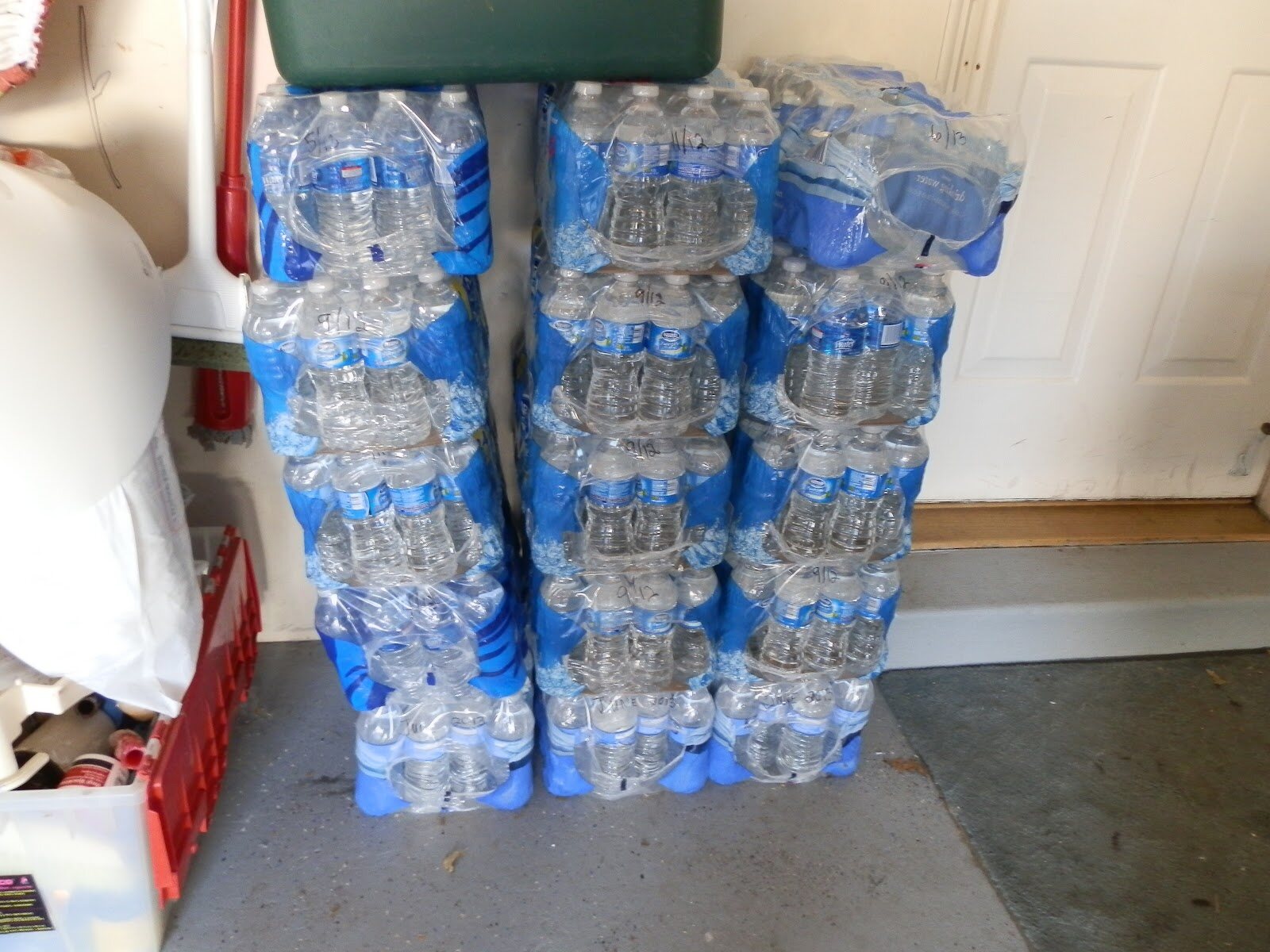

Articles
How To Store Bottled Water
Modified: January 7, 2024
Learn the best practices for storing bottled water to ensure its freshness and quality. Read our informative articles on how to properly store and preserve your bottled water for future use.
(Many of the links in this article redirect to a specific reviewed product. Your purchase of these products through affiliate links helps to generate commission for Storables.com, at no extra cost. Learn more)
Introduction
When it comes to emergency preparedness, one essential item that should never be overlooked is bottled water. Whether you’re preparing for a natural disaster, power outage, or any unforeseen circumstance that may disrupt your water supply, having an ample amount of stored water can be a lifesaver.
In times of crisis, access to clean and safe drinking water may become limited or even unavailable. This is why storing bottled water is crucial for ensuring your family’s hydration needs are met during challenging times. In this article, we will explore the reasons why storing bottled water is important, factors to consider when storing it, choosing the right storage containers, best locations for storage, proper storing techniques, monitoring and rotating your water supply, and ensuring water quality and safety.
By following these guidelines, you will not only have peace of mind knowing that you have sufficient water for you and your loved ones, but you will also be well-prepared to handle emergencies efficiently and effectively.
Key Takeaways:
- Properly storing bottled water is crucial for emergency preparedness. Consider expiration dates, storage containers, and location to ensure a safe and reliable water supply during unforeseen circumstances.
- Monitoring and rotating your water supply is essential for maintaining water quality. Regular inspection, labeling, and practicing safe handling techniques will ensure a fresh and safe drinking water reserve for emergencies.
Read more: How To Store Water Bottles
Why Store Bottled Water?
In emergency situations, access to clean drinking water can be severely limited. Municipal water systems may be compromised, making tap water unsafe to consume. The availability of bottled water becomes crucial during these times, as it provides a reliable source of safe drinking water.
Here are a few reasons why storing bottled water is essential:
- Hydration: Water is essential for survival, and without it, our bodies can quickly become dehydrated. Having an adequate supply of bottled water ensures that you and your family can stay hydrated during emergencies.
- Health and Sanitation: When water systems are compromised, there is an increased risk of waterborne diseases. Storing bottled water helps to maintain good health and prevent illnesses caused by contaminated water.
- Convenience: In times of crisis, it may be difficult to travel to a safe water source or obtain clean drinking water. By having a supply of bottled water at hand, you eliminate the need to search for water, saving time and energy.
- Peace of Mind: Knowing that you have an adequate supply of bottled water gives you peace of mind, allowing you to focus on other critical aspects of emergency preparedness without worrying about access to clean drinking water.
- Bartering: In a prolonged emergency scenario, bottled water can become a valuable commodity for bartering. It can be used as a medium of exchange for other necessary supplies or services.
By storing bottled water, you are taking a proactive approach to protect the well-being of your family in uncertain times. It is a practical and cost-effective way to ensure that you have access to safe, potable water when it is needed the most.
Factors to Consider When Storing Bottled Water
Storing bottled water properly is just as important as having an adequate supply. Here are some essential factors to consider when storing bottled water:
- Expiration Dates: Check the expiration dates on the bottles and ensure that you rotate your water supply regularly to maintain freshness. Bottled water typically has a shelf life of about a year, but this can vary depending on the brand and type of bottle.
- Storage Temperature: Water should be stored in a cool, dry place away from direct sunlight and extreme temperature fluctuations. High temperatures can cause plastic bottles to degrade and potentially leach harmful chemicals into the water.
- Bottle Integrity: Inspect the bottles for any signs of damage or leaks. Damaged bottles can compromise the safety and quality of the water. Replace any bottles that show signs of wear and tear.
- Contaminant Prevention: Store your bottled water away from household chemicals, cleaning agents, and other substances that could potentially contaminate the water. Keep the water supply in a separate area to prevent cross-contamination.
- Storage Space: Ensure that you have enough storage space to accommodate your water supply. Consider the size of your containers and the amount of water you plan to store. Optimize your storage area by stacking bottles and utilizing shelves or storage bins.
- Accessibility: Make sure that your water supply is easily accessible in case of an emergency. Keep in mind that you may need to transport the water or access it quickly during a crisis situation.
By considering these factors, you can maintain the safety and quality of your stored water, ensuring that it remains a reliable and healthy source of hydration when you need it most. Regularly check and update your water supply to ensure that you are always prepared for unexpected situations.
Choosing the Right Storage Containers
When it comes to storing bottled water, selecting the right storage containers is essential to maintain the quality and safety of the water. Here are some factors to consider when choosing the appropriate containers for storing your water:
- Food-Grade Materials: Ensure that the containers you choose are made from food-grade materials, such as high-density polyethylene (HDPE) or polypropylene (PP). These materials are designed to keep the water safe from potential leaching of chemicals.
- Tight-Sealing Lids: Look for containers with tight-sealing lids or caps to prevent any improper sealing, leaks, or contamination. A secure lid ensures that your water remains fresh and uncontaminated.
- Opaque or Dark-Colored: Opt for containers that are opaque or dark-colored to minimize exposure to light. Light exposure can promote the growth of bacteria or algae in the water. Dark-colored containers help in blocking out harmful UV rays.
- Size and Portability: Consider the size of the containers based on your storage space and needs. It is advisable to have a combination of small and large containers to cater to different situations. Additionally, choose containers that are easy to transport, especially if you may need to move them during emergencies.
- BPA-Free: Ensure that the containers are labeled as BPA-free (bisphenol A). BPA is a chemical that can potentially leach into the water and may have adverse health effects.
- Manufacturer Reputation: Choose containers from reputable manufacturers known for their quality and compliance with safety standards. Read reviews and do research to determine the reliability of the containers.
It is important to note that while using plastic containers is common, other options include glass containers or stainless steel bottles. Glass containers provide an inert and non-reactive material for storing water, while stainless steel bottles are durable and less prone to leaching chemicals.
Remember to clean and sanitize your chosen containers before storing water to ensure optimal hygiene. Follow the manufacturer’s instructions for cleaning and maintenance.
By considering these factors and selecting suitable containers, you can confidently store your bottled water knowing that it will remain safe, fresh, and readily available when you need it.
Proper Storing Techniques
Properly storing your bottled water is essential to maintain its quality and freshness over time. Follow these techniques to ensure that your water supply remains safe and ready for use:
- Keep it Sealed: Once you open a bottle of water, ensure that you securely tighten the lid after each use. Keep the water bottles tightly sealed at all times to prevent any contamination or exposure to air, dirt, or debris.
- Store in a Cool Location: Find a cool and dry place to store your water supply. Extreme temperatures and direct sunlight can degrade the quality of the water and potentially leach chemicals from the plastic containers. Aim for a storage temperature of around 50°F to 70°F (10°C to 21°C) if possible.
- Avoid Temperature Fluctuations: Maintain a consistent temperature in your storage area to prevent heat fluctuations. Significant temperature changes can cause the bottles to expand and contract, potentially compromising their integrity.
- Elevate from the Ground: Store your bottled water off the floor to minimize the risk of contamination. Place it on a shelf, a pallet, or a raised platform to keep it clean and dry.
- Protect from Chemical Exposure: Store your water supply away from any chemicals, cleaning agents, or other substances that could potentially contaminate the water. Chemical fumes or spills can affect the taste and safety of the water.
- Rotate your Supply: Regularly check the expiration dates of your bottled water and rotate your supply accordingly. Use and replace older bottles to ensure that you always have fresh water available.
- Label and Organize: Clearly label your water storage containers with the date of purchase or expiration to help you keep track of the rotation. Organize your water supply by grouping bottles with similar expiration dates together for easier management.
By following these proper storing techniques, you can maintain the quality and integrity of your bottled water, ensuring that it remains safe and palatable for an extended period.
Store bottled water in a cool, dark place away from direct sunlight and heat sources. Avoid storing near chemicals or cleaning products to prevent contamination. Rotate stock regularly to ensure freshness.
Read more: How To Store Bottled Water In Pantry
Best Locations for Storing Bottled Water
Choosing the right location for storing your bottled water is crucial to ensure its longevity and safety. Consider the following factors when determining the best place to store your water supply:
- Cool and Dry Area: Look for a cool and dry location in your home to store your bottled water. Basements or interior closets are often suitable options. Avoid areas that are prone to extreme temperature fluctuations or excessive humidity.
- Away from Sunlight: Direct sunlight can accelerate the breakdown of plastic bottles and promote the growth of algae. Select a storage area that is shielded from sunlight, or use opaque containers to block out UV rays.
- Accessible and Convenient: Choose a location that is easily accessible, especially during an emergency. Ensure that you can quickly and safely access your bottled water supply without any obstacles or difficulties.
- Secure and Stable: Store your water in a place where it won’t be at risk of falling or being knocked over. Keep it away from high-traffic areas to prevent accidental damage or disruption.
- Separation from Chemicals: Keep your water supply away from any household cleaners, pesticides, or other chemicals that could potentially contaminate the water. Store your bottled water in a separate area to maintain its purity.
- Elevated Storage: If you live in an area prone to flooding or water damage, consider elevating your bottled water storage. Use pallets or raised platforms to keep the water supply off the ground and protected in case of any water-related emergencies.
- Consider Multiple Locations: It’s wise to have multiple locations for storing your water supply. This way, if one area becomes inaccessible or compromised, you have backups in place.
Remember to regularly inspect the storage area and containers for any signs of damage or deterioration. If you notice any issues, take immediate action to address them and replace any compromised bottles.
By selecting the best location for storing your bottled water, you can ensure its longevity and accessibility during emergencies, providing you and your family with a reliable source of clean drinking water when needed.
Monitoring and Rotating Your Water Supply
Properly monitoring and rotating your water supply is essential to ensure the freshness and quality of the stored water. By following these steps, you can maintain a reliable and effective emergency water reserve:
- Regular Inspection: Periodically check the condition of your stored water supply. Look for any signs of damage to the containers, such as cracks, leaks, or bulges. Inspect the lids or caps to ensure a tight seal.
- Expiration Dates: Be aware of the expiration dates on your bottled water. Keep track of when certain bottles need to be rotated and consumed. Generally, it is recommended to use and replace bottled water every 12 months.
- First In, First Out (FIFO): Practice the “first in, first out” rotation method. When replenishing your water supply, place the new bottles behind the older ones so that the older ones are used first. This ensures that you consume the oldest water first, maintaining freshness.
- Proper Labeling: Label each container with the date of purchase or expiration to easily track when it needs to be rotated. This helps to avoid confusion and ensures that water is used within the appropriate timeframe.
- Regular Consumption: Incorporate your stored water supply into your everyday life. Rather than solely relying on tap water, use your bottled water periodically to keep the supply in rotation. This helps to ensure that your water reserve remains fresh and ready for use.
- Documentation: Keep a record or inventory of your water supply, noting the quantity, dates, and any relevant information. This will help you stay organized and track the usage and rotation of your water reserve more effectively.
- Education and Training: Ensure that every member of your household is aware of the importance of monitoring and rotating the water supply. Educate them on the proper procedures and encourage their active participation in maintaining the emergency water reserve.
By regularly monitoring and rotating your water supply, you can ensure that you always have access to fresh and clean drinking water during emergencies. It provides peace of mind knowing that your stored water is reliable and available whenever it is needed.
Ensuring Water Quality and Safety
When storing bottled water for emergencies, it is crucial to prioritize the quality and safety of the water. Follow these guidelines to ensure that your water supply remains free from contaminants:
- Purchase from Trusted Sources: Ensure that the bottled water you purchase comes from reputable brands or sources known for their commitment to quality and safety standards. Look for water that has been properly treated and meets regulatory guidelines.
- Check for an Approved Seal: Look for a seal or label from a recognized regulatory authority, such as the FDA (Food and Drug Administration) or NSF (National Sanitation Foundation), on the bottle. This indicates that the water has undergone testing and meets the required safety standards.
- Store Away from Chemicals: Keep your stored water supply away from any chemicals, cleaning agents, or other substances that could potentially contaminate the water. Ensure that your water storage area is separate from any potential sources of contamination.
- Regularly Inspect the Bottles: Check the integrity of the bottles regularly. Look for any signs of damage, leaks, or deterioration. Replace any compromised or damaged bottles immediately to prevent contamination of the water.
- Proper Hygiene: Before handling or consuming the water, ensure that you wash your hands thoroughly with soap and clean water to minimize the risk of introducing any external contaminants.
- Use Safe Water Handling Practices: When using the water, ensure that you pour it into clean glasses or containers. Avoid directly touching the spout or rim of the bottle with your mouth to minimize the risk of contamination.
- Monitor for Changes in Taste, Odor, or Appearance: If you notice any changes in the taste, odor, or appearance of the water, do not consume it. These changes can indicate potential contamination. Discard and replace the affected bottles.
- Follow Local Water Advisories: Stay informed about any local water advisories or alerts issued by authorities. Follow their guidance to ensure that your stored water supply remains safe to consume.
By following these practices, you can maintain the quality and safety of your stored water supply, ensuring that it remains a safe and reliable source of drinking water during emergencies.
Conclusion
Storing bottled water is an essential part of emergency preparedness. By having an ample supply of clean and safe drinking water, you can ensure the well-being of yourself and your loved ones during times of crisis. By considering factors such as expiration dates, appropriate storage containers, proper storing techniques, and best locations for storage, you can maintain the freshness and quality of your water supply.
Monitoring and rotating your water supply is crucial to ensure that the stored water remains fresh and safe to consume. Regular inspection, adhering to expiration dates, practicing the “first in, first out” (FIFO) method, and incorporating the water into your daily routine will help ensure that you have access to fresh water during emergencies.
It is important to prioritize water quality and safety. Purchasing from trusted sources, storing away from chemicals, regularly inspecting the bottles, practicing proper hygiene, and following local water advisories will help ensure that your water supply remains free from contaminants.
Take the necessary steps to properly store bottled water today to prepare for any unforeseen circumstances in the future. With a well-maintained water supply, you can have peace of mind knowing that you have a reliable source of hydration in times of need.
Remember, emergency preparedness is not a one-time task, but an ongoing commitment. Regularly check and update your water supply to ensure that you are well-prepared for any unexpected situations that may arise. Stay proactive, stay prepared, and stay safe.
Frequently Asked Questions about How To Store Bottled Water
Was this page helpful?
At Storables.com, we guarantee accurate and reliable information. Our content, validated by Expert Board Contributors, is crafted following stringent Editorial Policies. We're committed to providing you with well-researched, expert-backed insights for all your informational needs.
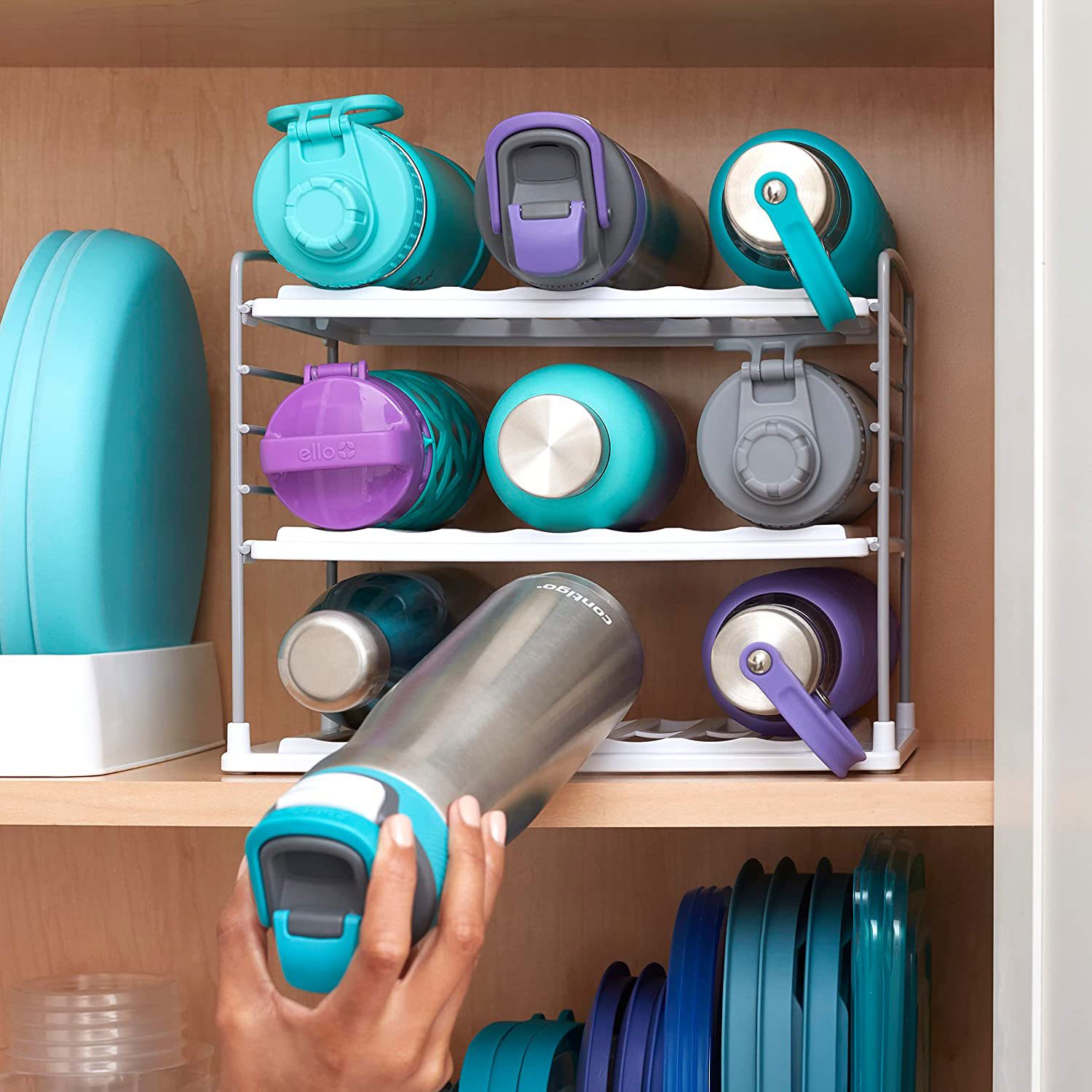
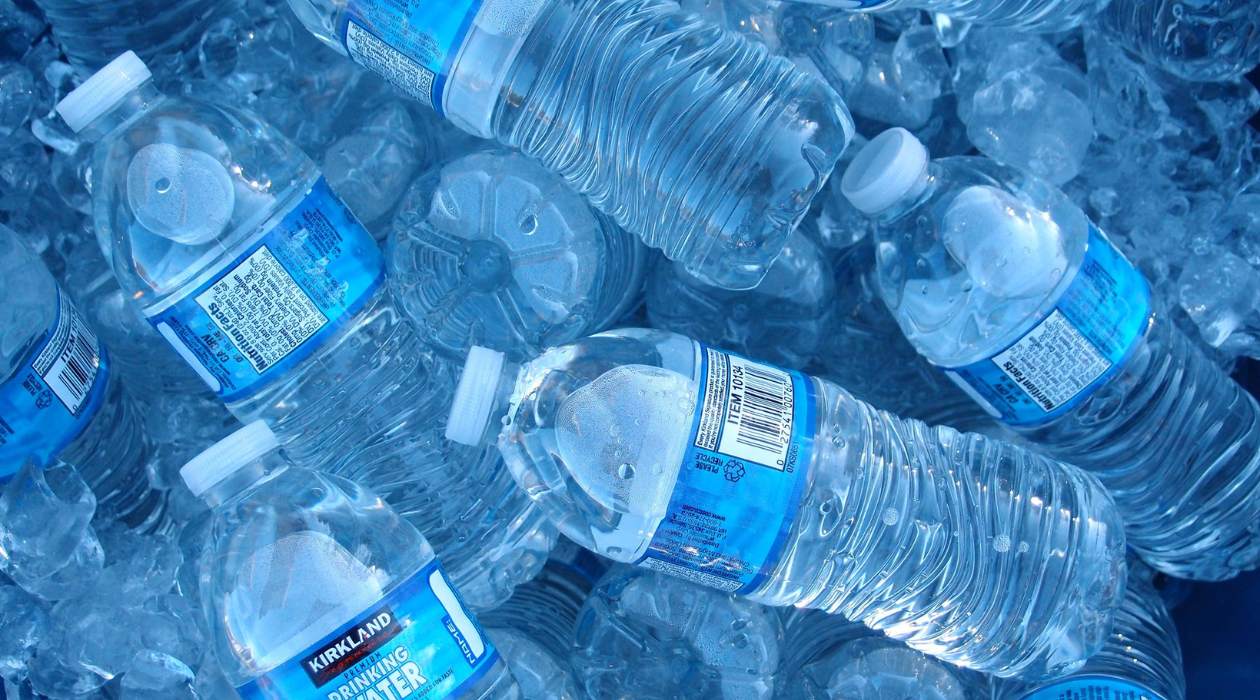
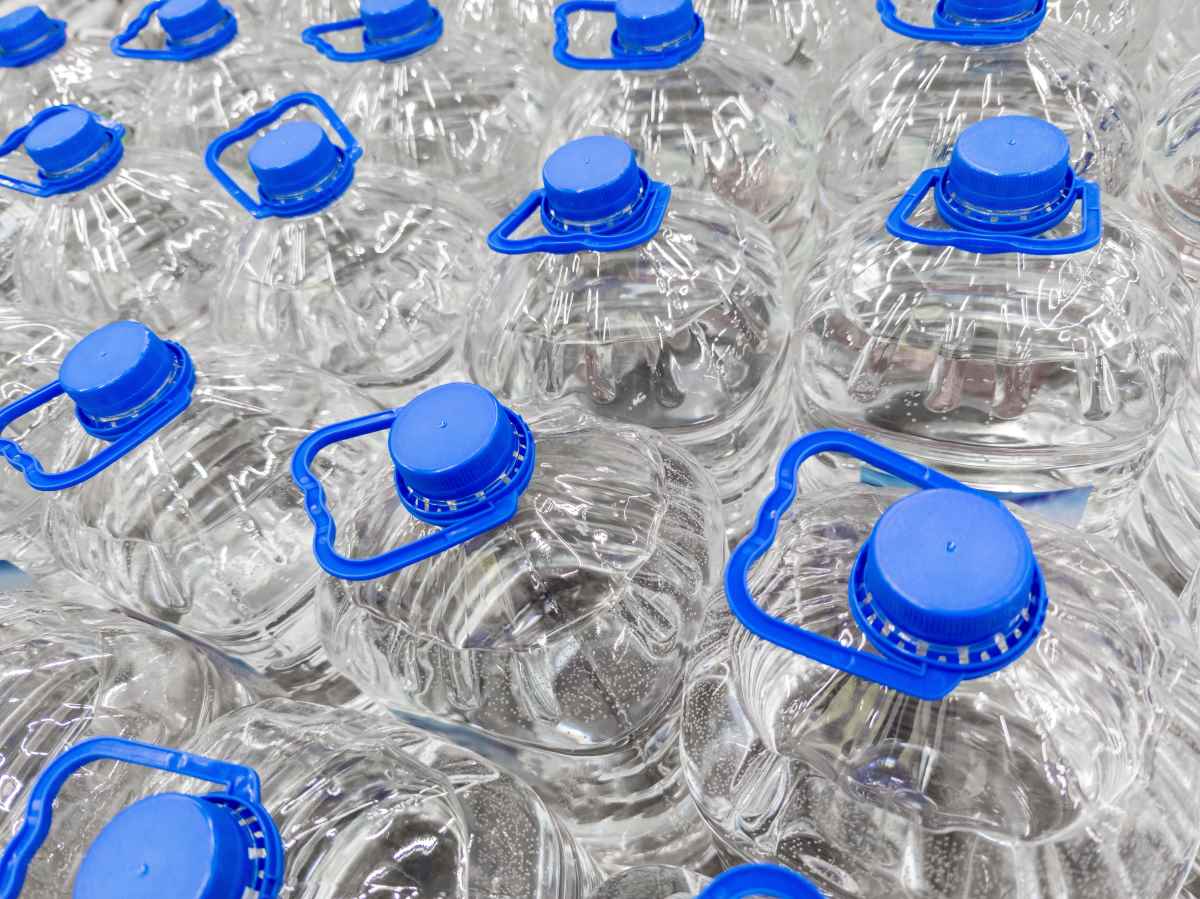
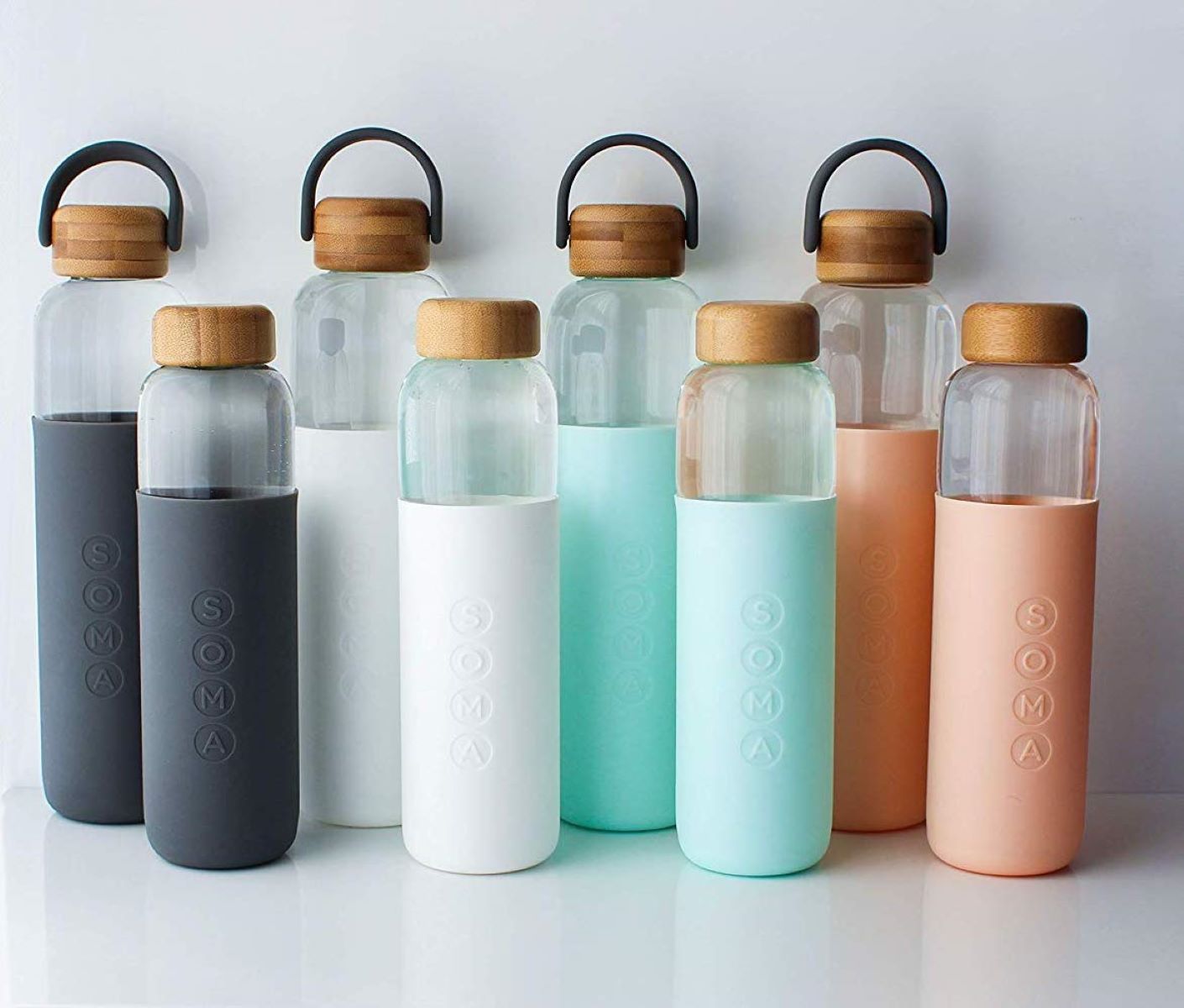
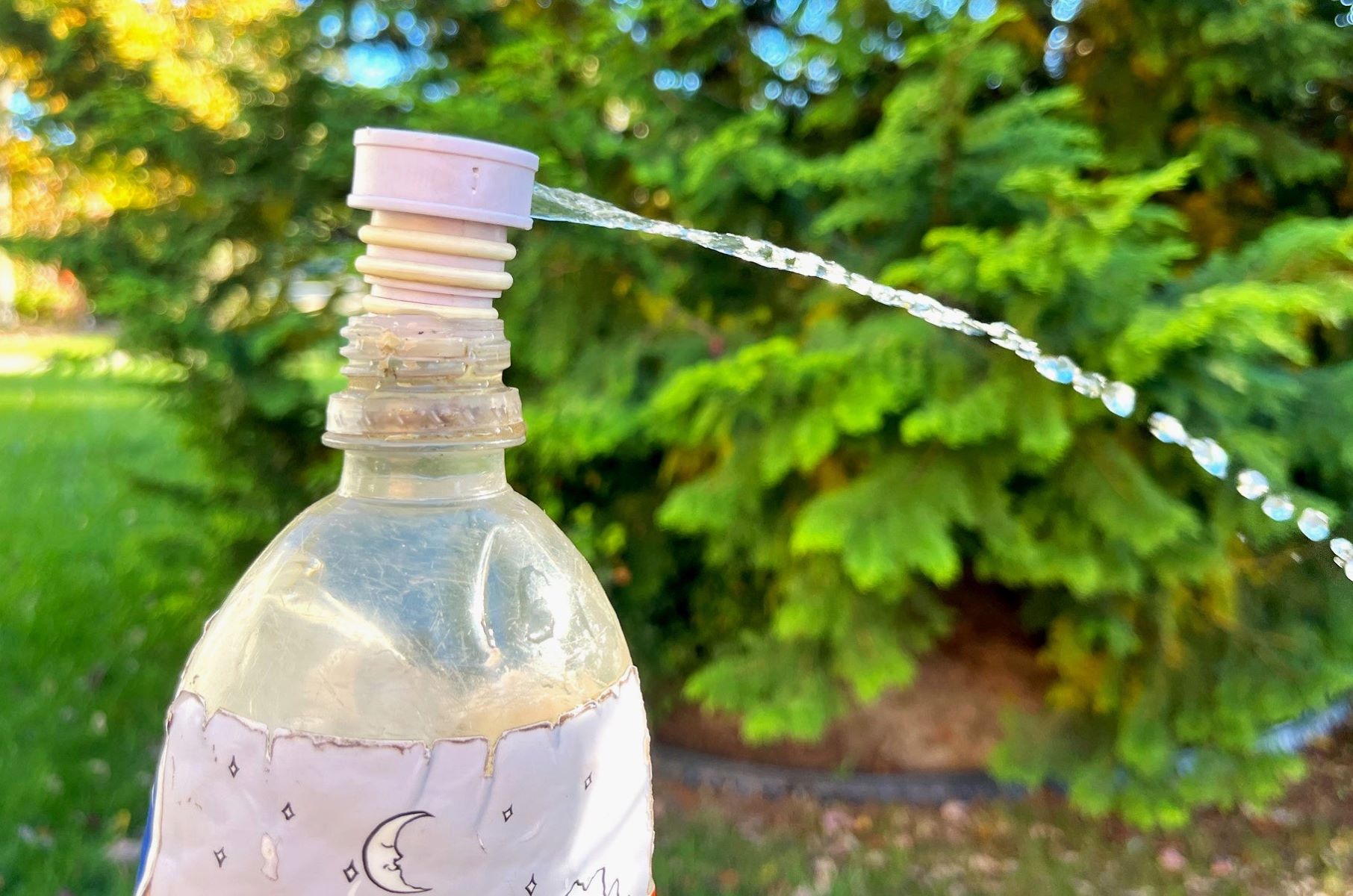
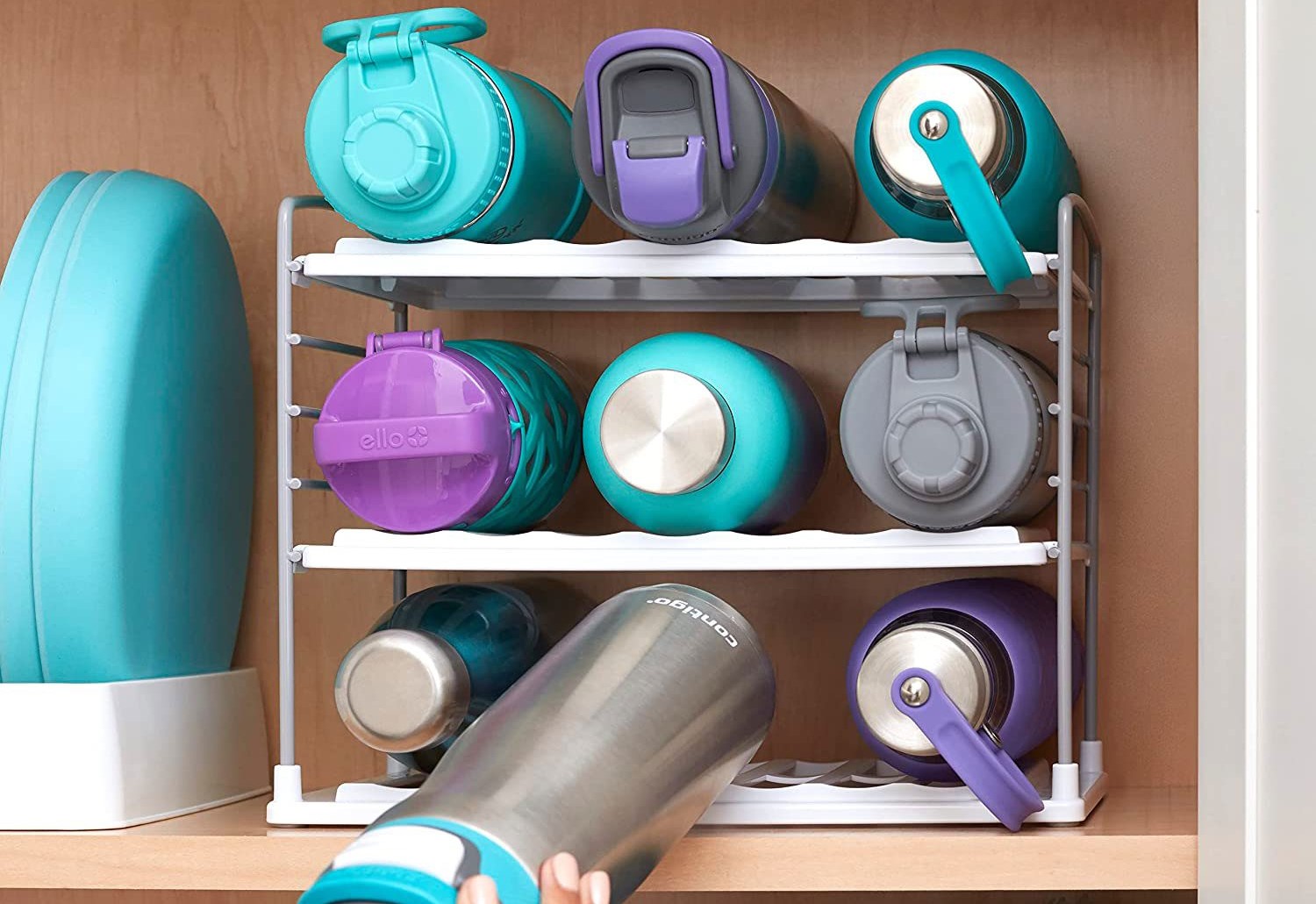
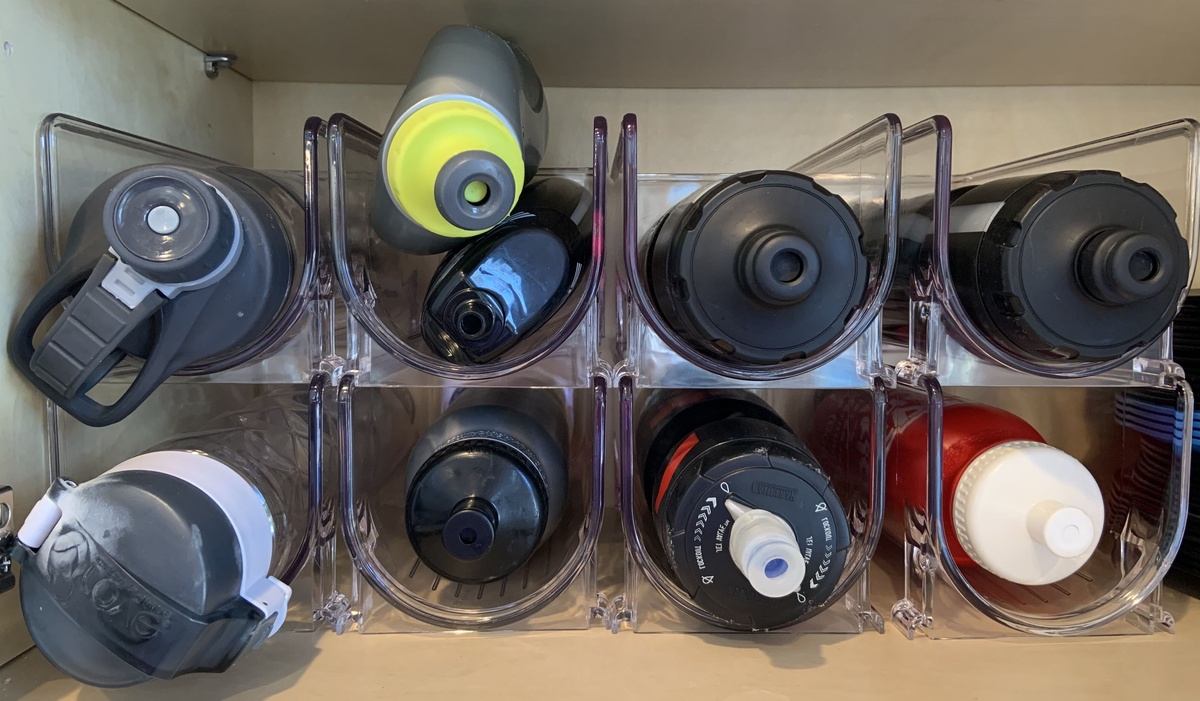
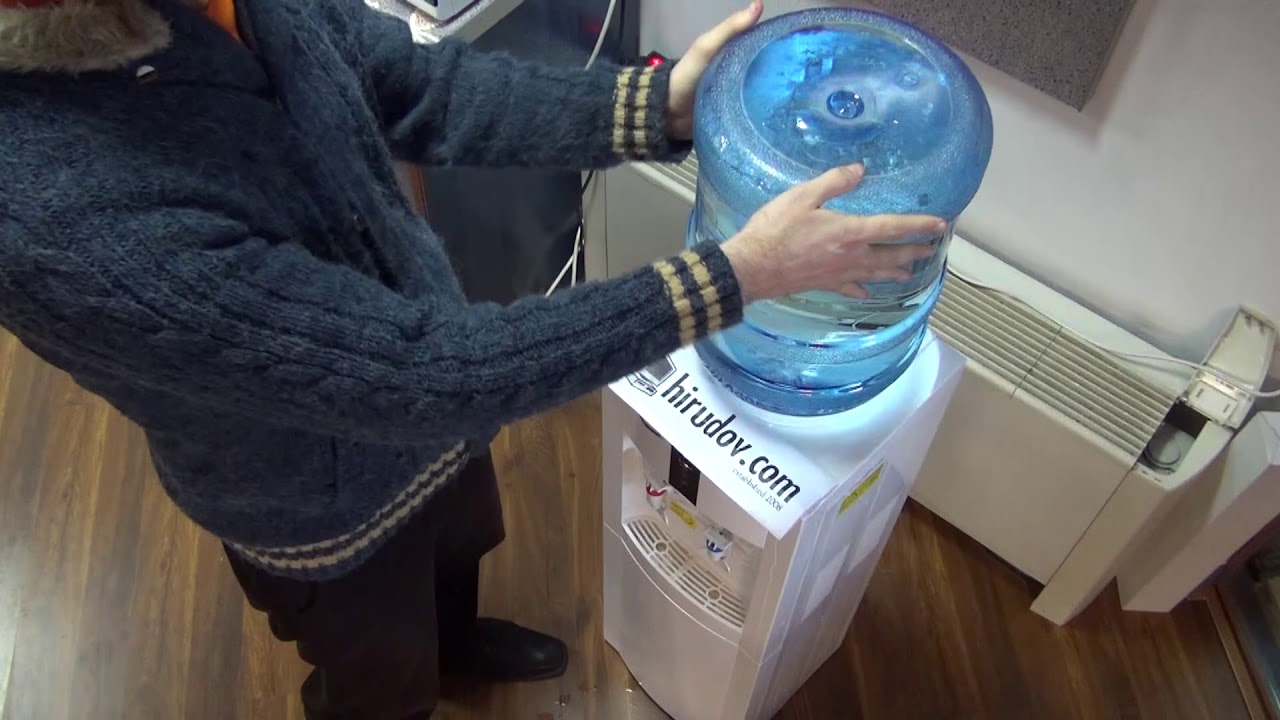
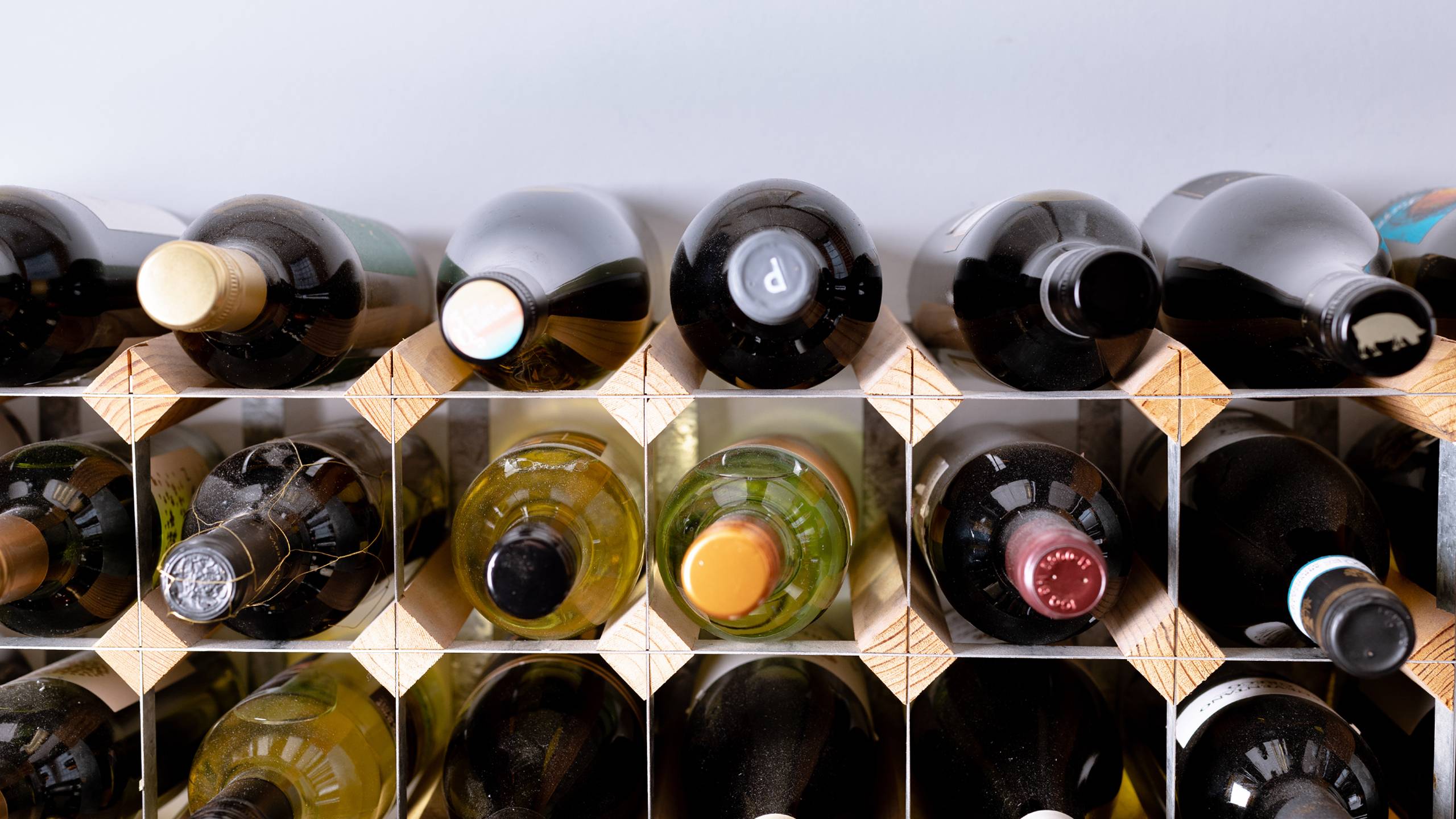
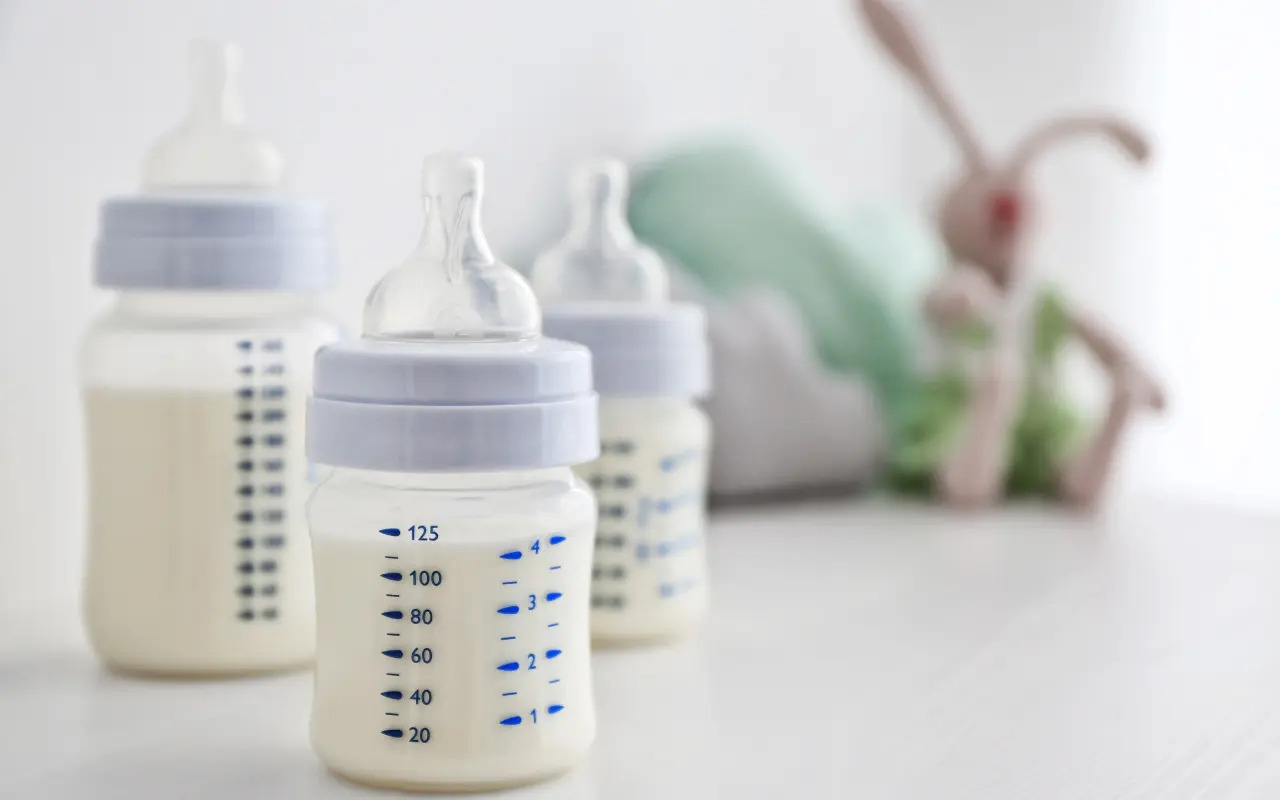
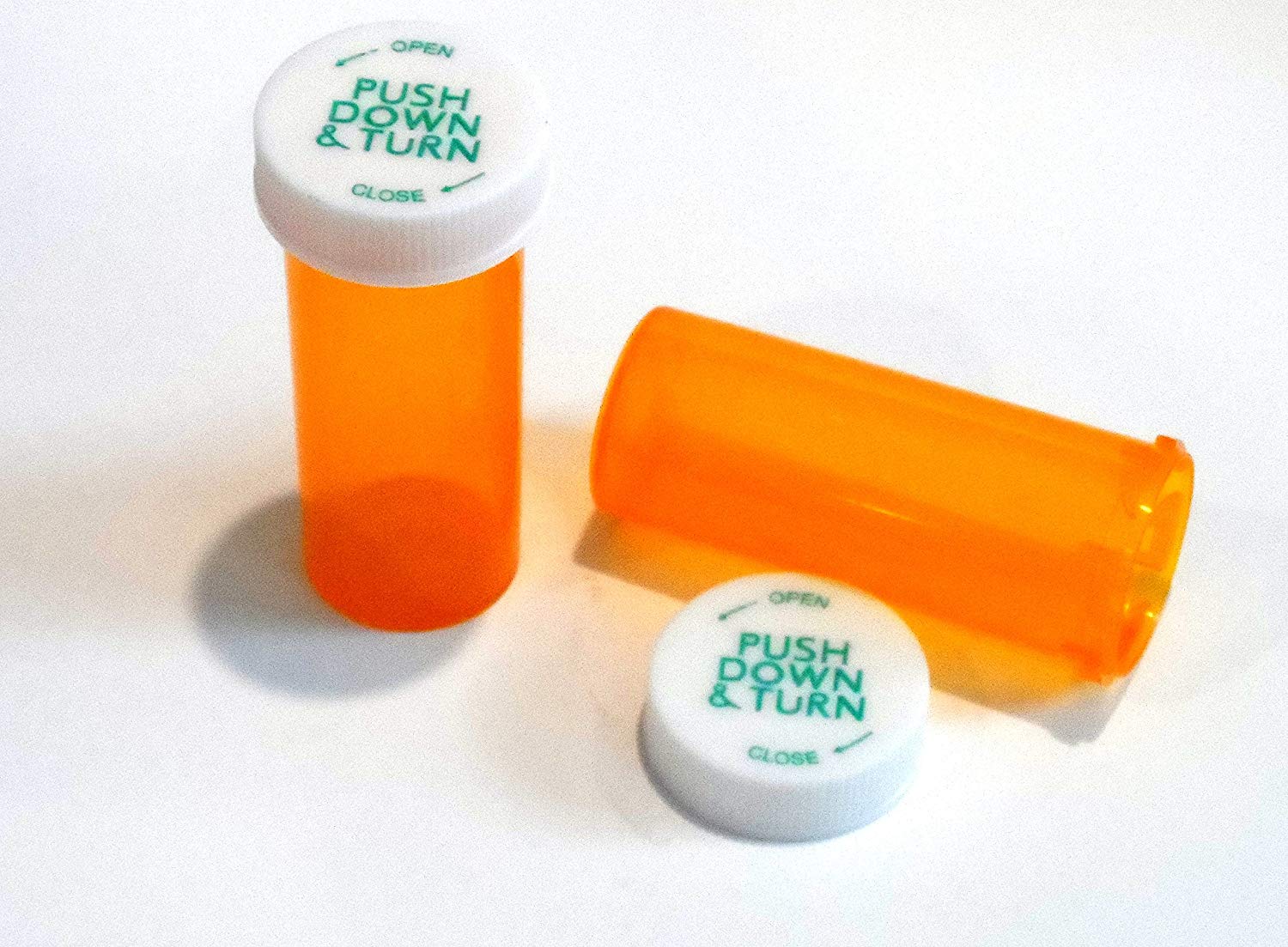
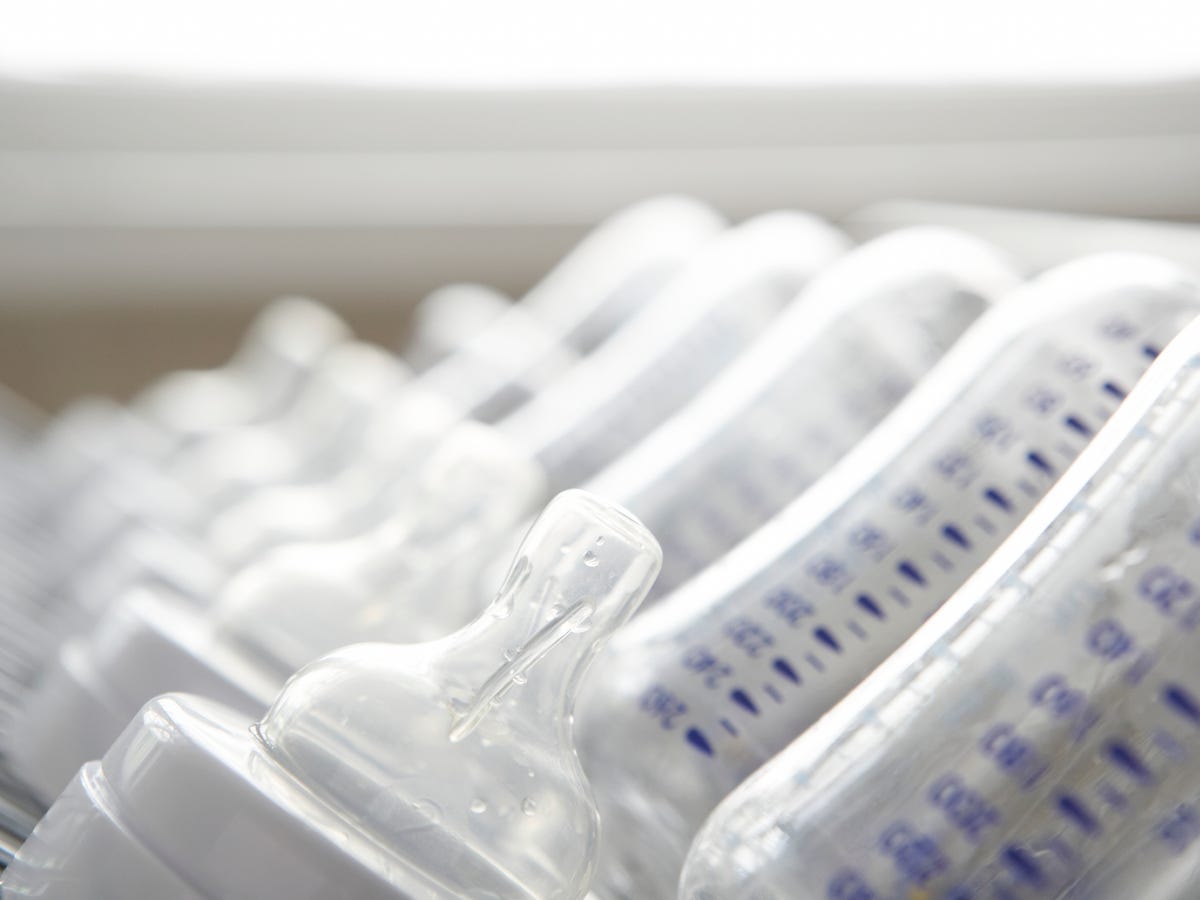
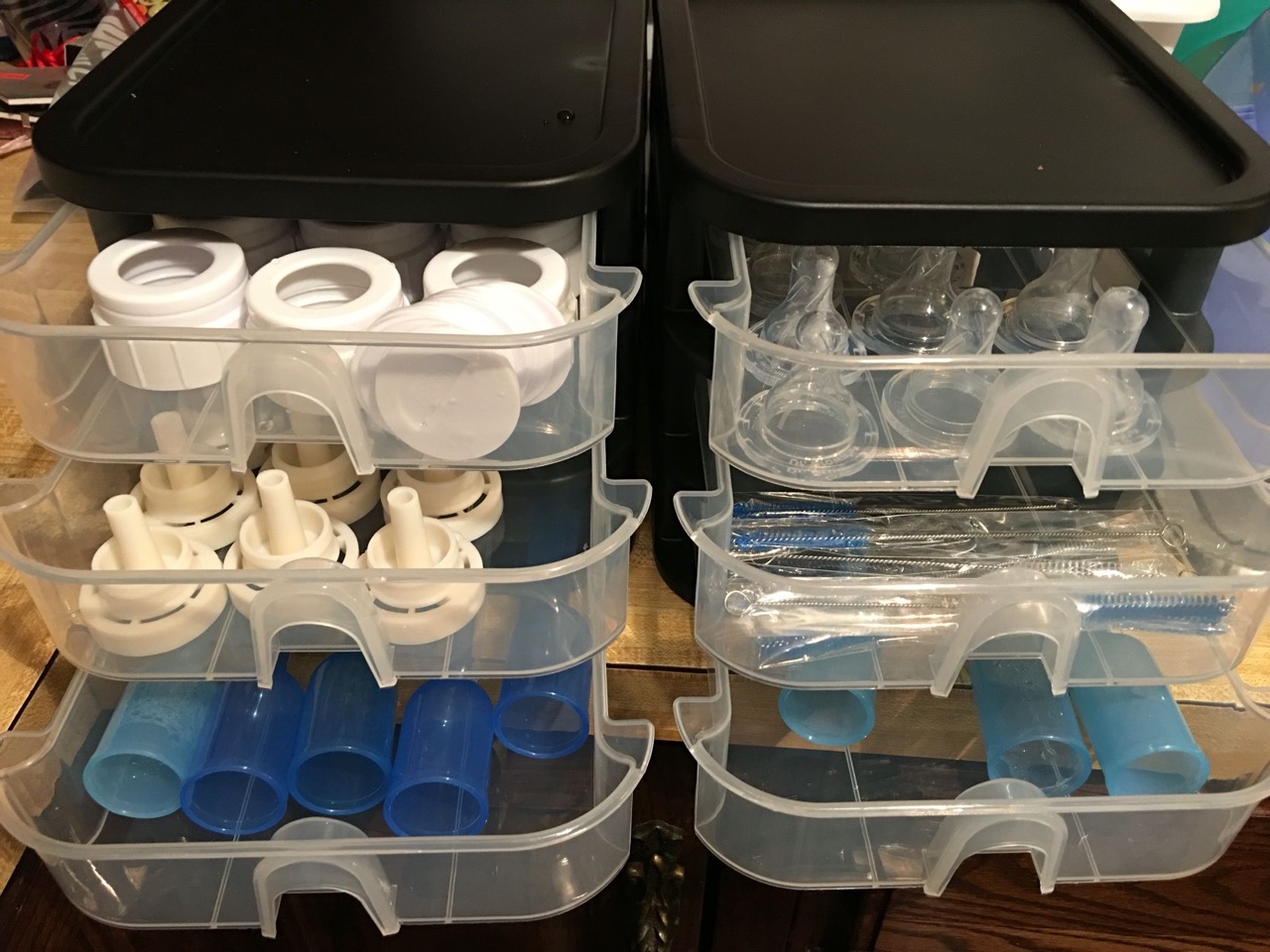
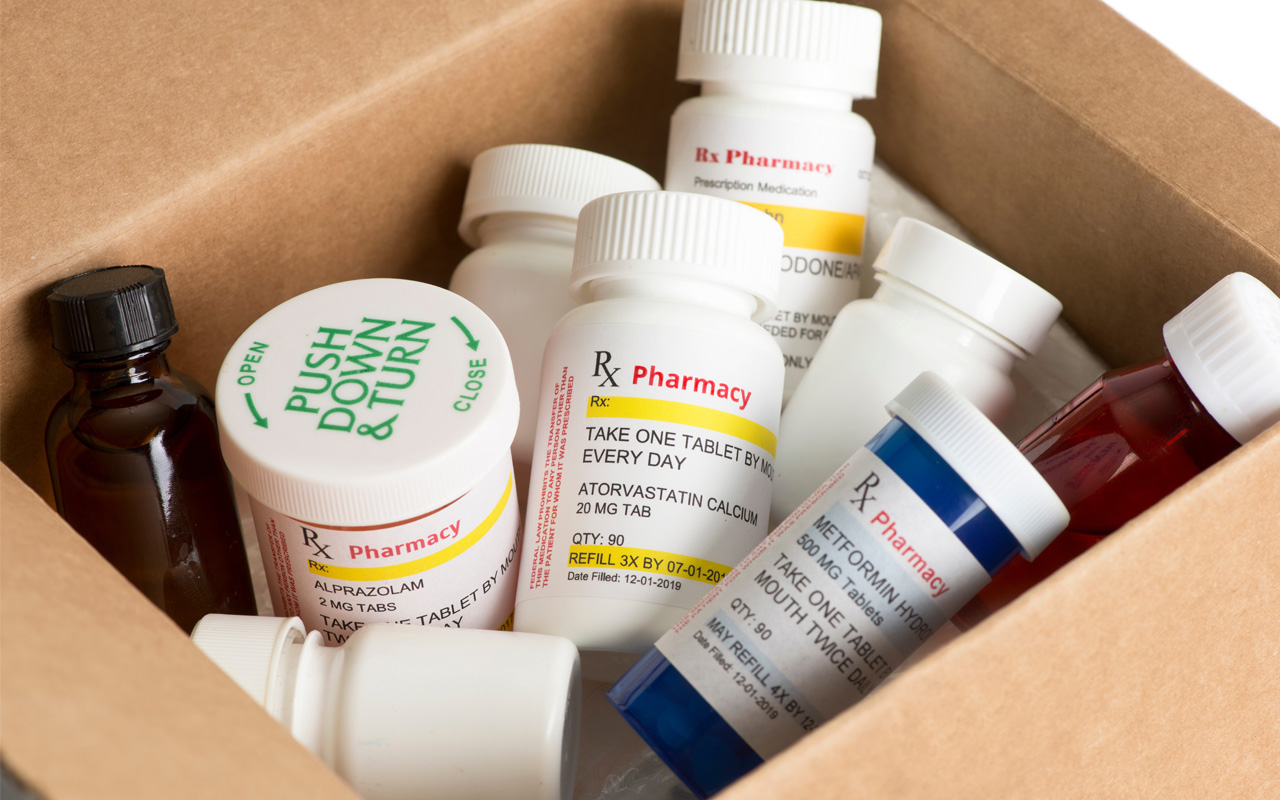

0 thoughts on “How To Store Bottled Water”